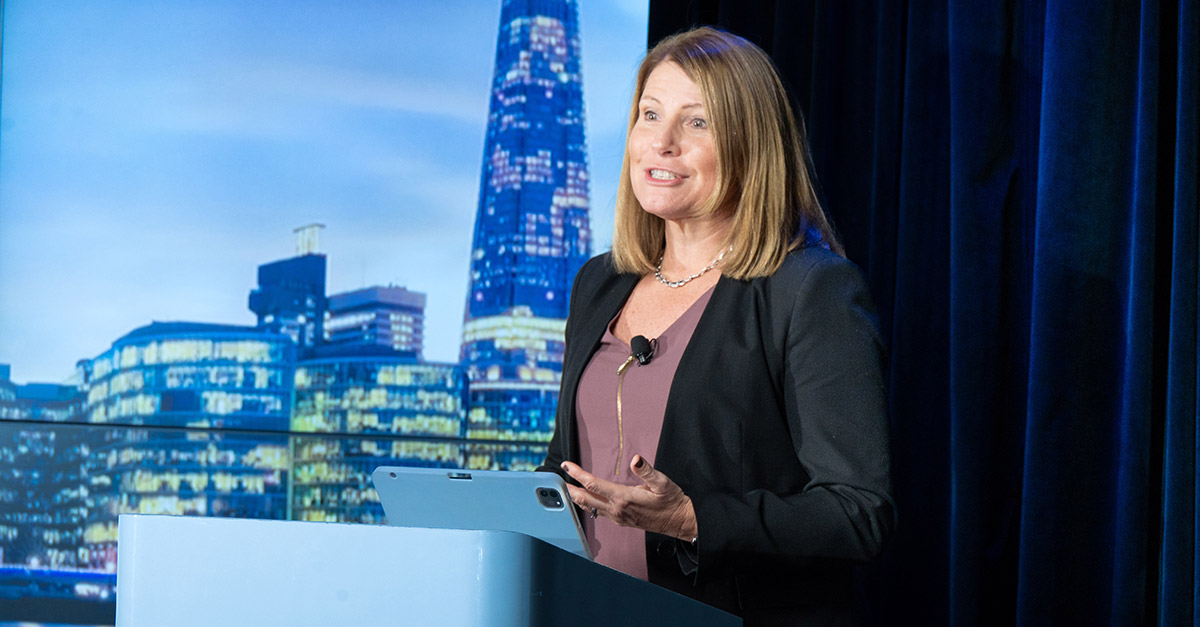UK's Aviation Industry Faces Challenges in Meeting Sustainable Fuel Targets
Key Ideas
- Aviation consultant Rachel Gardner-Poole highlights the challenge of the UK hitting a 2030 mandate on sustainable aviation fuel (SAF).
- She urges collaboration in the industry to achieve net-zero emissions by 2050 and supports the development of SAF plants.
- Gardner-Poole emphasizes the importance of airlines and airports improving efficiency, technological advancements, and the potential of hydrogen-powered and electric aircraft.
- Despite concerns about SAF production rates, she remains optimistic about the progress and future of sustainable aviation.
Rachel Gardner-Poole, an aviation consultant and member of the Jet Zero Council in the UK, expressed doubts about the industry's ability to meet the 2030 target for sustainable aviation fuel (SAF). The UK government aims for 10% of jet fuel to be from SAF by 2030, a goal also supported by the new Labour government. Gardner-Poole stressed the importance of collaboration and urged the aviation sector to work towards achieving net-zero emissions by 2050. She remains cautiously optimistic about the possibility of having five SAF plants under construction by 2025. Alongside SAF, she highlighted the need for airlines and airports to improve efficiency, leverage technological advancements, and explore carbon removal technology. Gardner-Poole also mentioned ongoing work on contrails and the potential of hydrogen-powered and electric aircraft, noting challenges like investment in these technologies. Despite challenges, she believes in the industry's potential to redefine aviation sustainably.
Topics
Aviation
Aviation Industry
Sustainability
Investment
Net Zero Emissions
Aircraft Efficiency
Contrails
SAF Plants
Carbon Removal Technology
Latest News
